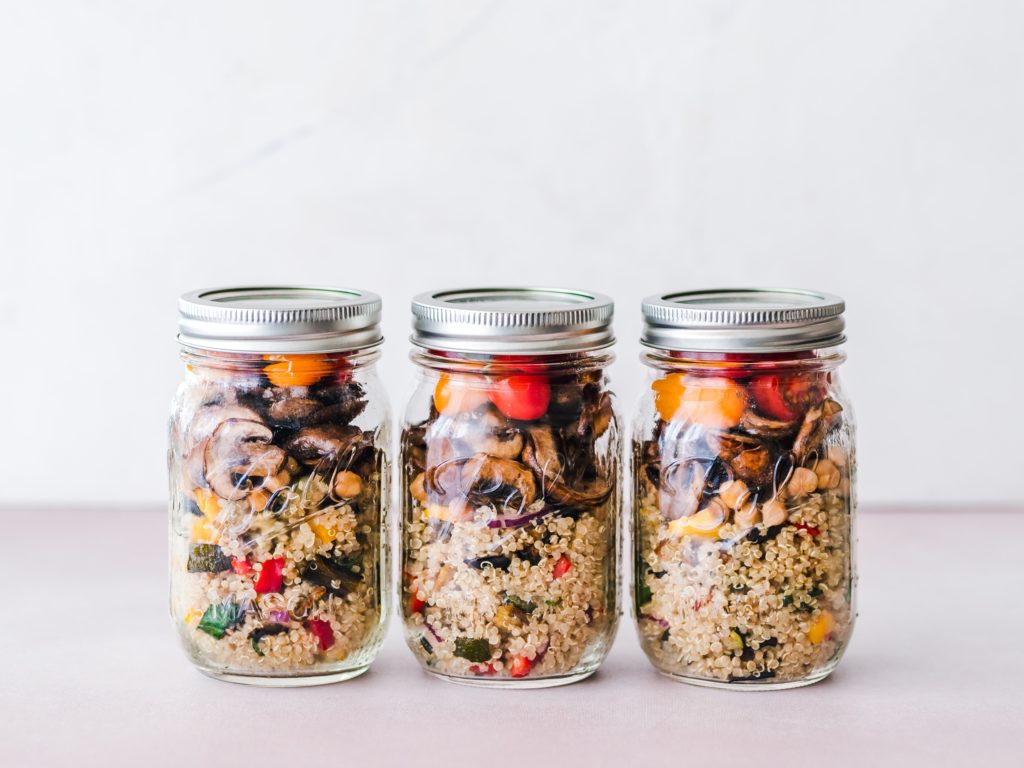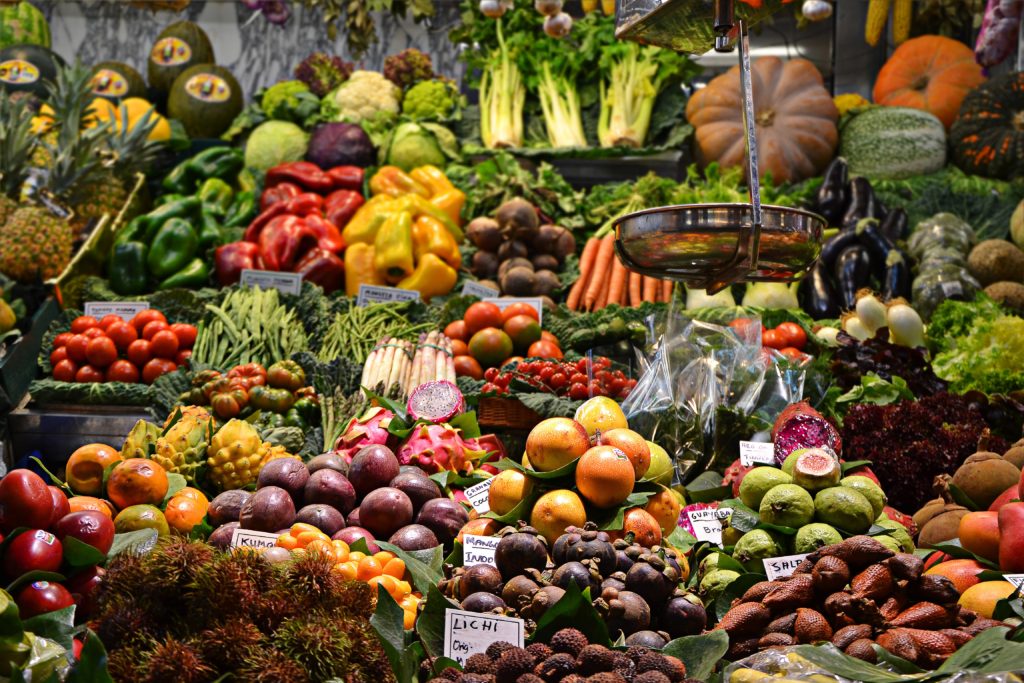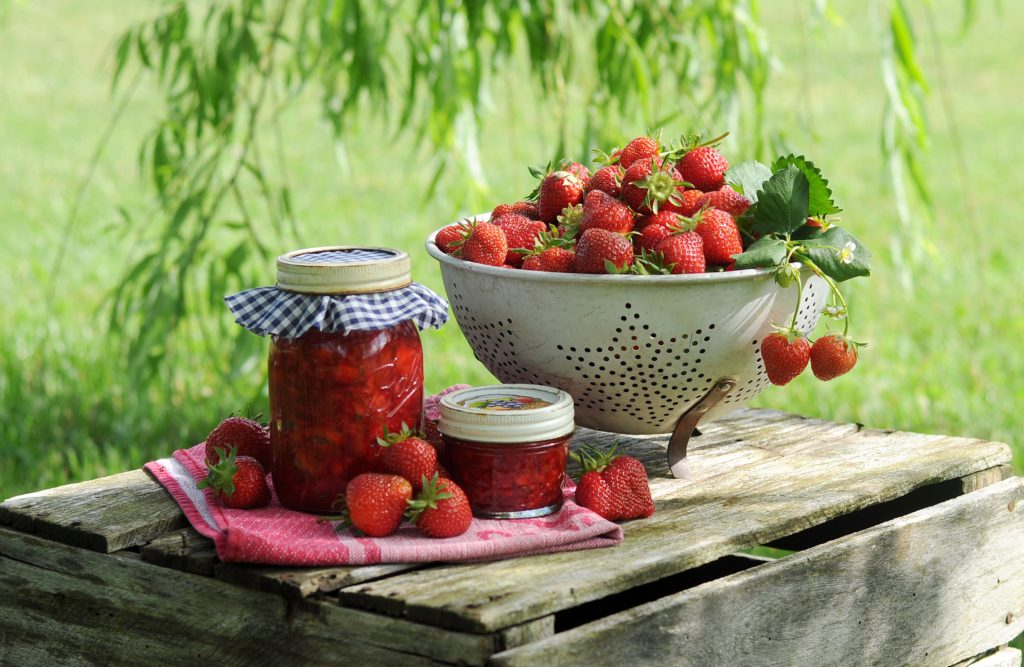With imminent isolation looming we are all trying to figure out what to stock our fridge, pantry and freezer with – and what we can still find available (keeping in mind there isn’t actually a shortage – we won’t run out of food). I’ve been lucky that many of the eco-friendly and gluten free products we use haven’t been as badly hit.
This blog will give you some alternatives – as well as ideas of when to use things up – as we know some fresh produce doesn’t last as well as others.

Common pantry items that are popular include rice and pasta – which we have seen either sold out, or with restrictions on how much you can purchase. If you are running low – keep an eye out for quinoa – it can be used in the same way as rice and is really nutritious. It’s a great one to have on hand for meatless dishes as its full of protein, and makes excellent salads.
Fresh fruit and vegetables have started to vanish – there were zero potatoes at our Woolworths this morning – and they are a good option as they are shelf stable for long periods.
So which need to be used first? and what can we store?

Vegetables
- Asparagus – full of fibre and nutrients – only lasts 3-5 days so its a good one to use up quickly. Sauté with some olive oil and salt, add to salads, or stirfries
- Corn only lasts 3 days so par boil and whack it on the BBQ
- Fresh peas and beans last up to 6 days – so pop them in a salad or stir fry
- Broccoli lasts up to 1 week, Cauliflower up to 2 – so make broccoli and cauliflower rice, roast them or put them through a stir fry or curry
- Zucchini lasts in the fridge for 1-2 weeks – ensure you are buying it fresh and firm – and turn it into zoodles or add to almost anything
- Capsicum, cucumber, mushrooms and eggplant all last more than a week when stored correctly – and add bulk and nutrients to stir fries, casseroles, pastas and more
- Celery and Carrots can last up to a month and are a great base for most meals – bolognese, slow cooked dishes, soups.
- Onions last 1-3 months
- Potatoes and Sweet potatoes can last 2-4 months when stored out of the fridge in a cool dry place. Do not store potatoes with onions as they’ll interact and create gasses that lead to faster decay.
- A whole pumpkin will last for months – however when cut, it needs to be used within 3 or so days.
Most of these vegetables can be frozen – however due to the water content they often don’t thaw back to their original form. This isn’t often an issue if you are going to cook them immediately.

Fruit
- Avocados will keep for 3 days – and if you eat as many as we do, buy varying levels of hardness. One for now, two for later.
- Berries last 2-3 days – and freeze really well
- Bananas will last up to a week if bought green, a few days if bought ripe – and can always be used in cooking to sweeten.
- Apples last up to a month in the fridge so they’re a great option – and can also be used to make puree and apple pie
Meat and chicken – look for long dated or cryovacced options – these can go in the fridge to be used first, and freeze shorter dated or loose products. Most will easily last 3-6 months when frozen.
Try to ensure you are prepared – but not panicked, and support those around you who may struggle to shop in bulk, or with large crowds.
Once in isolation, try to be inventive – read through your recipe books, and don’t worry if you don’t have an ingredient – it’s fun to alter them!
There will be many more tips to come so join my mailing list to be kept up to date – or follow me on Facebook at The Nature of You
Stay healthy and well!
Miranda Grigg xx
